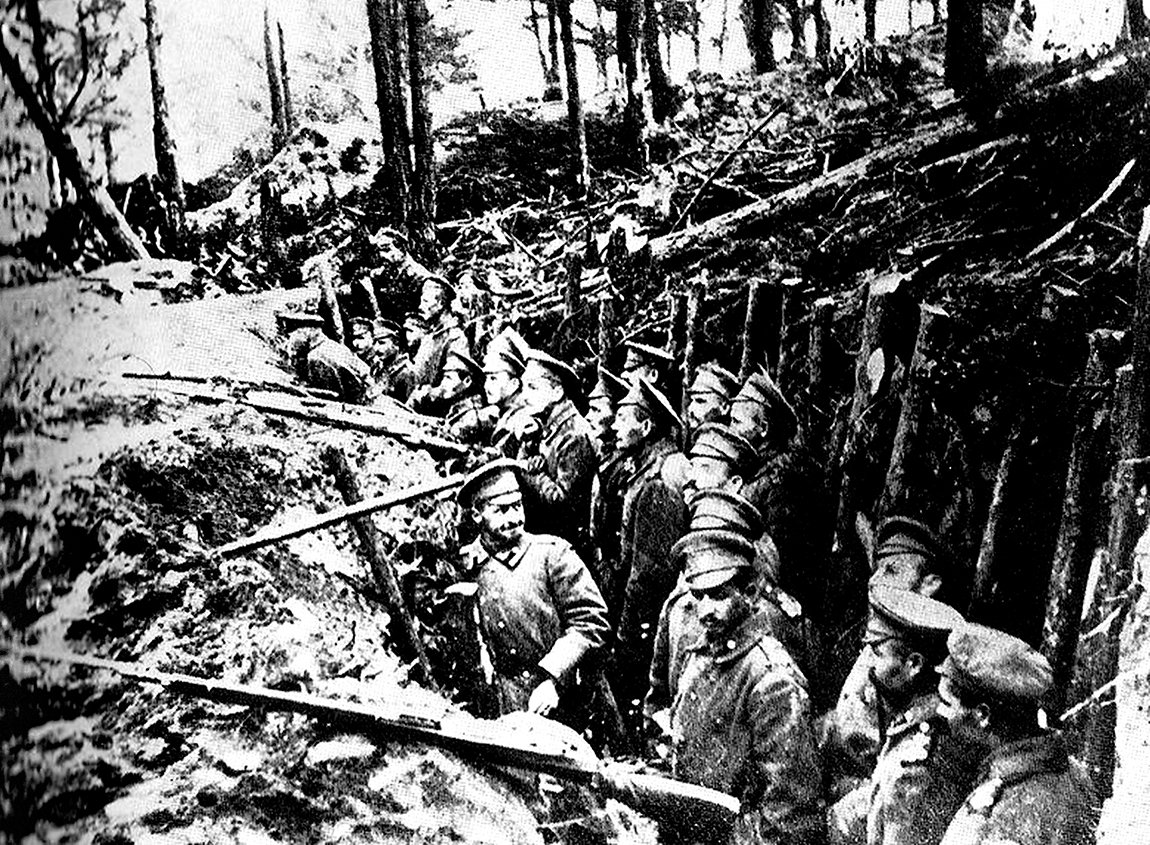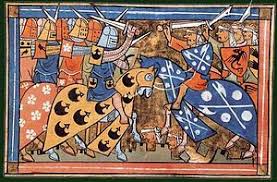1 RT = 1 gaming opinion
1 comment about how you liked a thing I made = 1 gaming opinion
Bring it on, O my readers.
Or did you believe in ethical consumption...?
This is a hobby of creativity; arguing that you CAN’T do [thing] only motivates the listener to prove you wrong.
I’m ready to explore more two-GM models.
You can say a lot more about elves in a game where most or all characters are elves than you can in a game where no 2 PCs share a race.
Reskinning features addresses some of the problem, but can increase cognitive dissonance during play.
Placescape: Torment Enhanced Edition has lessons to teach about narrative, reward loops, repeated use of content, empowerment fantasy, and so many other lessons. We have barely scratched the surface of all the things it gets right.
Running some more OTE25A probably needs to make it onto my New Year’s Resolutions list.
A balance of elevated and approachable language is good; educating in the name of fun is GREAT.
Most published adventures that try to start off with a bang run afoul of this problem - players don’t yet understand how to feel about weirdness.
For my money, we had a great time with it for about 2 years, but it’s ideal use requires a different approach to description and characterization than other editions.
I think there’s a lot to be said for revisiting its fundamentals to build a new game, tho.
But 4e is *so right* for a D&D video game.
In #ttrpg play, treating XP and advancement as the only *meaningfully* desirable goal is incredibly corrosive to engagement with the narrative, the setting, and the other people at the table, no matter the pay scheme.
Most campaign-length games need to explicitly incorporate troupe-style play, a la Ars Magica. Drop-in/drop-out play is the only reason I have a campaign at all, these days.
Also, ToME doesn’t get NEARLY enough love for its interesting, sometimes oddball class design.
They’re both still useful texts for 5e DMs, CSCG even more than HLC - because it’s more advice and almost no mechanics.
Let's talk about bards and warlocks real quick.
Likewise bards with Int, Wis, or Cha.
And scholarly priests who study the secret names of the gods or the Words of Creation comfortably justify Int.
One round to weave a thread, with a fail chance, so that NEXT round I can cast? Nah.
(Splitting XP with your items is... less rad to me, but okay.)
You want a positive feedback loop of items making the PC cooler and the PC making the magic item cooler.
Falling behind in Glory by more than 1-2k became self-perpetuating.
Only Dark Sun really broke the mold of what magic looks like, how it behaves. (Partial credit to Dragonlance & Birthright for moon-linked magic & bloodline/realm magic).
Game creation and commentary has been my whole career and most of the hobbies I’ve ever had.
I remain DEEPLY suspicious of “gamer” as an identity, and allergic to self-describing as a gamer without “and a [contrasting thing].”
SIFRP’s Intrigue rules have a spark of something good, but ultimately they’re too fiddle for the flow of conversation.
There’s a reason the books and show relegate maesters to supporting cast!
It’s also the inspiration for one of my favorite design ideas I’ve ever had: its domino resolution system became Dust to Dust’s Ritualism.
If it has money rather than a Wealth stat, the game’s emotional hook probably needs you to need/want money, permanently.
Money enters from loot and big paydays (quest rewards, etc.)
A steeply-inflating gear treadmill is AN answer (cf. 4e), but it only works for a few types of games.
Yes, even gaming has to solve for the ultra-rich.
I don't know what "good enough for me to jump in confidently" looks like, but D&D, Mage: the Awakening, and Over the Edge all hit that mark for me.
L is the AirBnB to M’s Marriott Marquis, do not @ me.
Other than bookkeeping strain, I mean.
Meh.
In terms of tone, I think the game wants the PCs to be on their back foot - being the surprised party more often than the surprisING party. That's about creating the sense of threat.
Remember that PCs don’t have an actual lifetime of experience in your setting to help them sift truth from lies.
Time spent running down red herrings builds the most disappointing climax.
a) this game is super interesting
b) I'm going to need a lot more play with it to get ANY kind of broader grasp of it
c) where the h*ck was this while we were running Dust to Dust, jfc
Maybe there's still a NERO Atlanta? I honestly can't tell from outside.
I've become intensely conscious of how we (fail to?) teach boffer gamerunning.
Vampiric healing will never stop being fun as sh*t if you can swing it. I’ve been waiting 12ish years to play a functioning Disciple of Khaine from Warhammer: Age of Reckoning in D&D - a striker/party healer that heals by stabbing their enemies.
5e doesn't really like requiring complex triggers, and my noodling in that direction has been unproductive to date.
There was a time when UA experimented heavily with more fighter subclasses that were CS dice with different Maneuvers.
I want that.
That said, there are a few I’d still like to see, or make.
First: Arcane melee hybrid, a.k.a. swordmage. EK and Bladesinger have their virtues, but also their significant issues.
Third: I know this is a third-rail topic still, but a psion or mystic. Not that I objected to a Psionic wizard as a Thing.
If nothing else, I will *never* say we should stop experimenting.
Think about and hone how you’re delivering characterization through action.
I’ve occasionally gotten stuck on “suboptimal actions are the main way to express character,” but I think that’s shortsighted.
Maybe start here:
acoup.blog/2019/05/28/new…
I'm sure some folks reading this were fans! But for me, the cool part of the idea was lost from the start.
Tomb of Annihilation’s “meat grinder mode,” f’rex - all it does is change one save DC! Eminently stealable.
...
...
nice
It’d be awesome to have spare time for that kind of spotlight, wouldn’t it?
Aeon’s End
Don’t Turn Your Back (I’ve wanted to riff on this one for a game idea I had, but don’t know enough to make)
Guild of Dungeoneering
Someday I’ll even play Dominion!
But they DO stuff in the narrative that really elevates the narrow core-4 class model: by having three mages in the party, content targeting mages MEANS more.
Thanks, brain, you h*ckin’ jerk.
ok so the default fighter is a Battle Master, & they collect Maneuvers like wizards collect spells...
SHUT UP I HAVE TO WORK
I want to generalize that to other casters, especially clerics and druids. Auto access to all spells of each level bugs me unreasonably.
And sure, your home temple probably DOES have a decent collection of core spells - I’m not trying to make a cleric start without Bless/Cure Wounds/Healing Word.
I kinda hate the 5e Berserker, residually. (Well, that, and Frenzied Rage is... not great.)
The text takes its “magic cones from Atlantis” premise seriously... but I had no ability to sell that concept to my players. Ah well.
My players couldn’t ever quite see those as good buys.
For all I know, some of the later material MIGHT drill down on the evils of the Abyss to the point that they start to resemble TMA's Powers.
It is literally the only thing stopping me from wanting to replay ME1, a game I otherwise adored.
Yes, I know that this is a common opinion. It just needed to be said.
I played the QfG1 remake, not the original, so QfG2's text parser came as quite an unwelcome downgrade.
My character was a mage-paladin, the most on-brand thing of my whole gaming career.
Don’t. Be. That. Guy.
A house rule of +5 starting hp does surprisingly well at recapturing that feeling.
Where do I even start?
First, especially when there's a sentient antagonist involved, there's not a clear time for bad things to happen other than when the PCs fail a roll.
4e tends to over-value Perception and Arcana.
4e is no exception.
What’s most important:
* the die roll + modifiers
* the participation of every player at the table
* following what characterization and narrative say should happen?
This may be a deeply unpopular opinion.
Board games have needed emotional safety tools longer than tabletop games or LARPs have *existed,* because f*cking RISK was published in '57 and has been ruining friendships ever since.
Then there's BSG and other secret-traitor games. Uh. If you *wanted* to detonate friendships and trust, how much better could you do?
* Puzzle minigames in Mansions of Madness
* Domino puzzles
* Jenga puzzles
Point is, I stand at the ready to write, run, or play in-game organizations that assemble suits of cool armor once piece at a time and have feelings about it.
Releasing something similar for D&D is a dream project for me.
So I'm always on the lookout for plot ideas that would justify staging 20+ heavies all at once.
If the mechanic is declared *at the time of the roll it's affecting,* it should grant a reroll rather than advantage.
If it's put in place earlier and grants its effect to the next atk/check/save, it should grant advantage rather than reroll.
Darkness should probably be a *meaningful* element of dungeon-crawling.
It’s the closest we get to a fixed point of comparison for both PC and fantastical-creature prowess.













